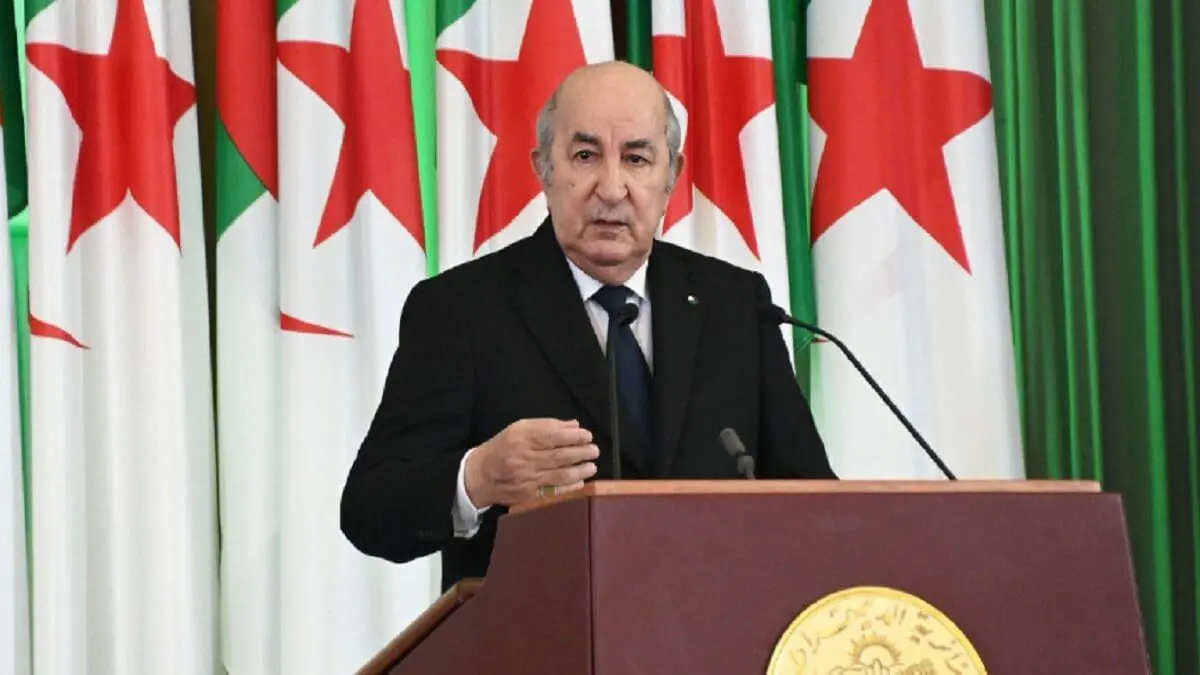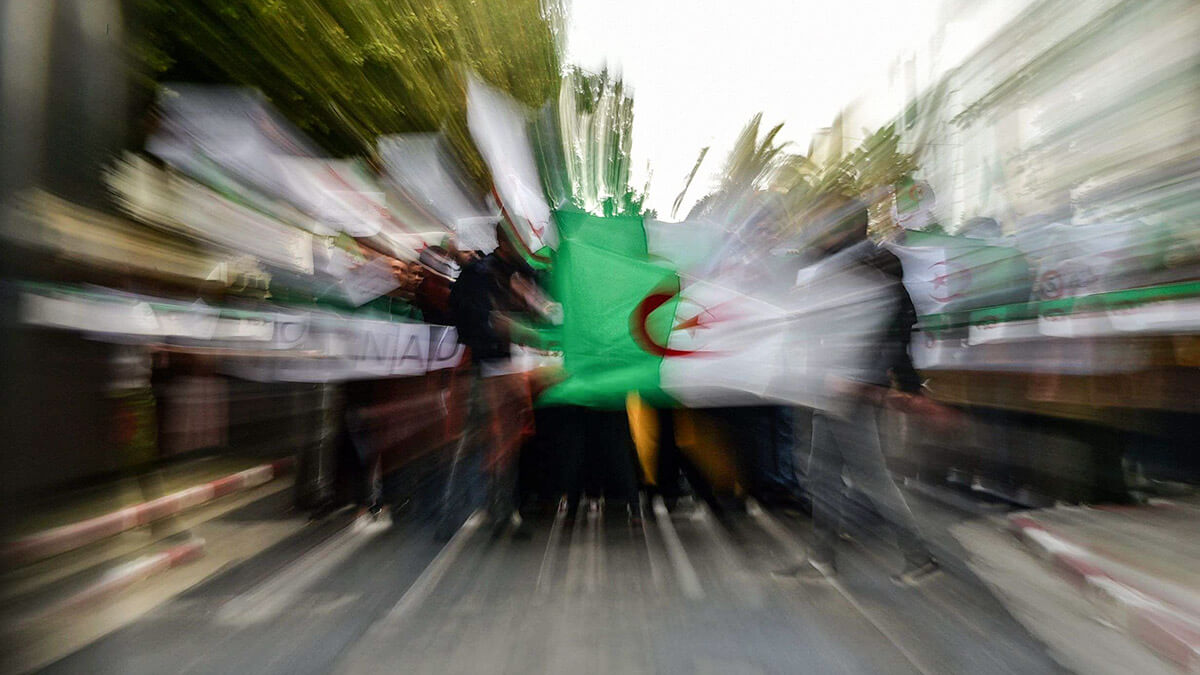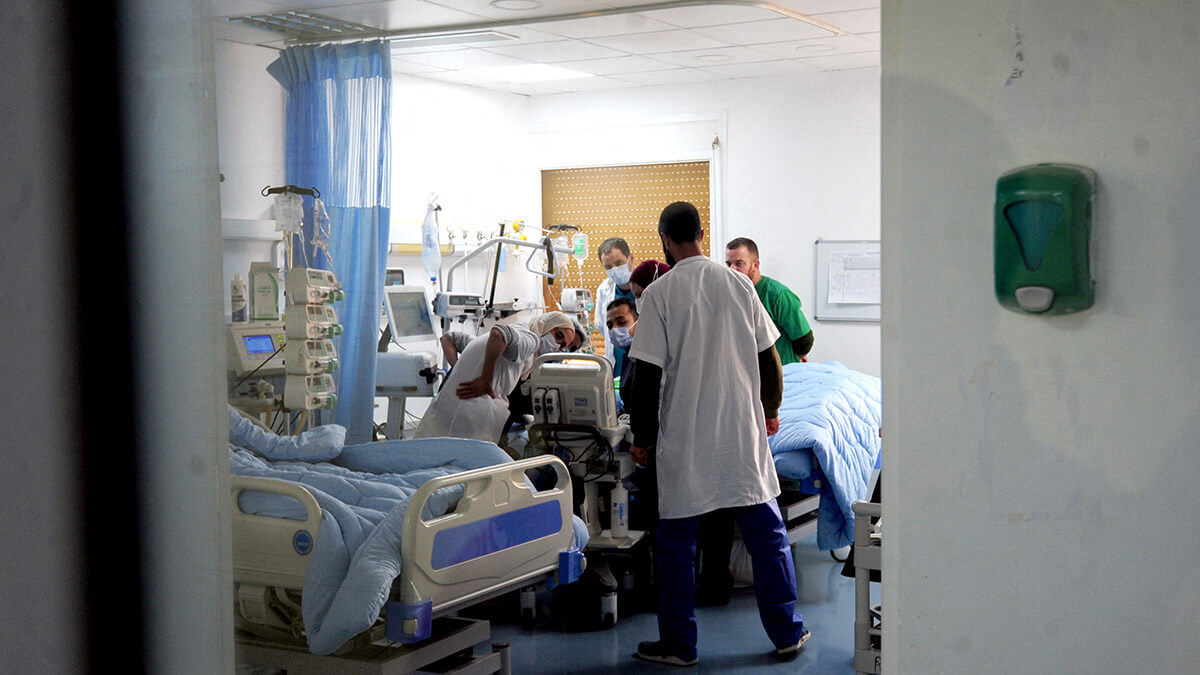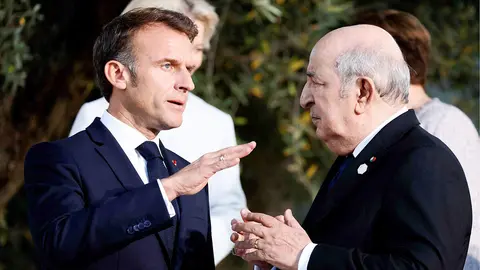Algerian medical students protest against the crisis in the sector

Medical students in Algeria have once again taken to the streets to protest against the agreement reached between student representatives and the Minister of Higher Education to address the problems and demands raised, confirming the lack of effective solutions to end the crisis in the sector that has led many doctors to leave the country.
Protests have hit Algeria's medical schools and university hospitals after students launched a general strike in protest at high unemployment rates and difficult conditions for practising the profession.
Student organisations are not convinced by the agreement reached after a meeting between minister Kamal Badari and student representatives, where a package of measures was agreed to restore calm and stability to the university.
In a statement, the Ministry of Higher Education and Scientific Research announced the decision to increase the number of places in the entrance examination for private medical degrees to 4,045 - previously 3,045 - and to set 15 December 2024 as the last date for submitting the international accreditation dossier.
It was also decided to suspend the implementation of article 9 of Resolution 1144, which specifies the conditions for enrolment in the training phase of private medical careers. The minister also pledged to address ‘the concerns raised by student representatives of the faculties of medical sciences at the local level’, promising to form ‘various working groups to address the concerns of students’.

Several months ago, the Algerian government took measures aimed at limiting the migration of Algerian doctors to foreign countries, especially to France, where hundreds of Algerian doctors have moved in search of better conditions.
In 2022 alone, 1,200 Algerian doctors moved to France, sparking heated debate about the medical brain drain and its impact on the national healthcare system.

As minister Kamal Badari explained in parliament, the decisions taken by Algiers to deal with this situation are aimed at ‘preserving skills in Algeria and meeting local needs’. However, he also gave no assurances that medical graduates would find jobs in Algeria's health institutions.
According to Al-Arab, the change in the executive's position on the mass migration of Algerian doctors came after previous governments considered it ‘normal’, which has turned the issue into a source of social tension, mainly due to the government's failure to provide the necessary professional and social conditions to keep Algerian doctors in the country.










